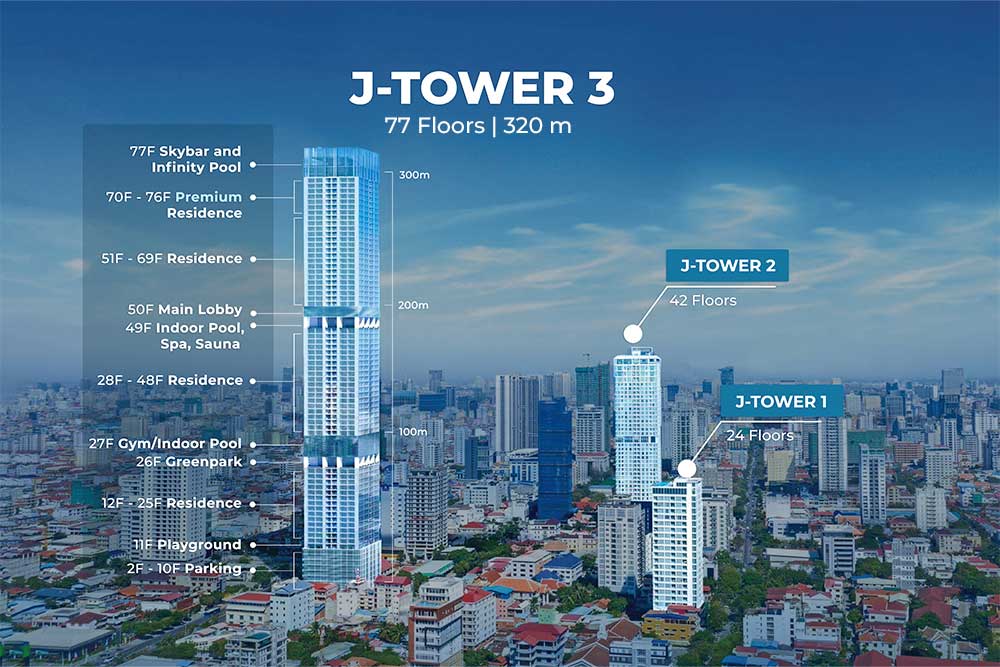
Get Your Free 1st Issue
Your Homes Overseas Magazine!
Discover the best destinations, property tips, and lifestyle insights from around the world.
GET YOUR FREE MAGAZINE HERE!

Discover the best destinations, property tips, and lifestyle insights from around the world.
GET YOUR FREE MAGAZINE HERE!

Buying property overseas is exciting. But alongside sunshine, visas, and investment returns, there’s a practical reality every expat must face: how to access healthcare abroad. Whether you’re moving for retirement, lifestyle, or business, understanding the healthcare system in your new country is just as important as securing a mortgage or signing a title deed.
Healthcare costs can vary dramatically — from free public clinics in Europe to premium private hospitals in Asia and the Middle East. For property buyers, retirees, and long-term residents, planning ahead can save thousands and provide peace of mind. Visit our international real estate website to explore destinations that offer both quality healthcare and excellent living opportunities.

Healthcare systems generally fall into four broad categories:
Strengths: affordability, universal coverage.
Weaknesses: long wait times, limited choice of specialists, and some services (dental, optical, fertility) not fully covered.
Strengths: fast, high-quality care, English-speaking doctors, modern facilities.
Weaknesses: expensive without insurance, especially for surgery or long-term conditions.

Most expats rely on insurance at least initially. Here are the main choices:
Policies sold by local insurers, often cheaper than global plans.
Cover is usually limited to in-country treatment.
May be required for residency permits (e.g. Spain, Portugal, Thailand visas).
Covers you across multiple countries, including repatriation and evacuation.
Often includes elective treatment, maternity, and specialist care.
Premiums are higher but flexibility is unmatched — ideal for retirees who travel often.
Suitable for short stays or digital nomads.
Covers emergencies, but not long-term or routine care.
Common in the UAE and Asia, where employers are legally required to provide cover.
Check carefully what’s included: dependents, maternity, chronic conditions, and coverage area.
Visa requirements: Many countries, such as Thailand and the UAE, will not grant a visa without proof of insurance. It’s one of the key things to consider when moving abroad, ensuring you meet entry requirements and stay protected while living overseas.
Exclusions: Pre-existing conditions, maternity, dental, and mental health are often excluded or limited.
Upfront payments: In some countries, you must pay hospitals before treatment unless your plan has direct billing.
Evacuation: In countries with limited facilities, medical evacuation may be necessary (often costing tens of thousands without cover).
Premium inflation: Insurance costs rise with age — a key factor for retirees.
Documentation: Hospitals may need translated medical records; keep a digital copy.



Visa holders usually pay the Immigration Health Surcharge (IHS), giving full NHS access.
What’s covered: GP visits, hospital treatment, emergency care.
What costs extra: prescriptions in England (£9.90 per item), dental (Band 1: £27.40, Band 2: £75.30, Band 3: £326.70), eye tests, assisted conception.
Private care: Private GP £70–£200+, specialist consult ~£183. Many expats keep private insurance to avoid waitlists.
This model shows why many buyers prefer countries with strong public care as a back-up, while maintaining private cover for comfort and speed. These features are often found in the best countries to live in, where healthcare quality and accessibility add long-term value to your lifestyle and investment.

Healthcare is not an afterthought — it’s a cornerstone of a safe and sustainable life overseas. The best property in the world won’t matter if you can’t access quality care when you need it. By understanding how healthcare systems work in your chosen country, knowing the insurance requirements, and planning for long-term needs, you’ll safeguard both your health and your finances.
👉 At International Property Alerts, we always advise buyers to plan their healthcare alongside their property investment. For expert guidance tailored to your needs, contact us today.
📧 elly@internationalpropertyalerts.com
🌐 www.internationalpropertyalerts.com
📱 WhatsApp: +44 7796 174253
About International Property Alerts
International Property Alerts is a premier global platform connecting real estate investors with handpicked opportunities in emerging and lifestyle-driven markets. Through curated listings, expert guidance, and market insights, we help buyers make confident property decisions worldwide.
Media Contact:

Phone: +4420 3627 0106
📱 WhatsApp: +63927 073 9530
Email: office@internationalpropertyalerts.com

Elle Resort & Beach Club offers a rare chance to own property in one of the most desirable coastal locations. With limited units, strong capital growth potential, and unmatched resort facilities, this is your opportunity to secure a beachfront lifestyle with long-term value.

Thinking about buying property abroad? Don’t make the move without the right knowledge. Our Free Buyers Guide gives you essential insights on legal steps, taxes, financing, and the best markets worldwide. Trusted by international buyers and investors.

Wake up to bright, spacious living with stunning views and modern comforts. Whether for family living, retirement, or a stylish retreat, Sudara Residences makes your dream home a reality

Discover curated property listings with IPS—residential, commercial, villas, land—and get expert guidance through every step.
BONUS: FREE Cambodia Buyer’s Guide

High visibility. Targeted audience. Maximum exposure. Rent this space and let your brand shine.

Get your properties in front of high-intent investors. Showcase your listings to buyers worldwide.

From pounds to pesos, yen to dollars. ⚡ Quick. Easy. Secure.
Compare listings
ComparePlease enter your username or email address. You will receive a link to create a new password via email.